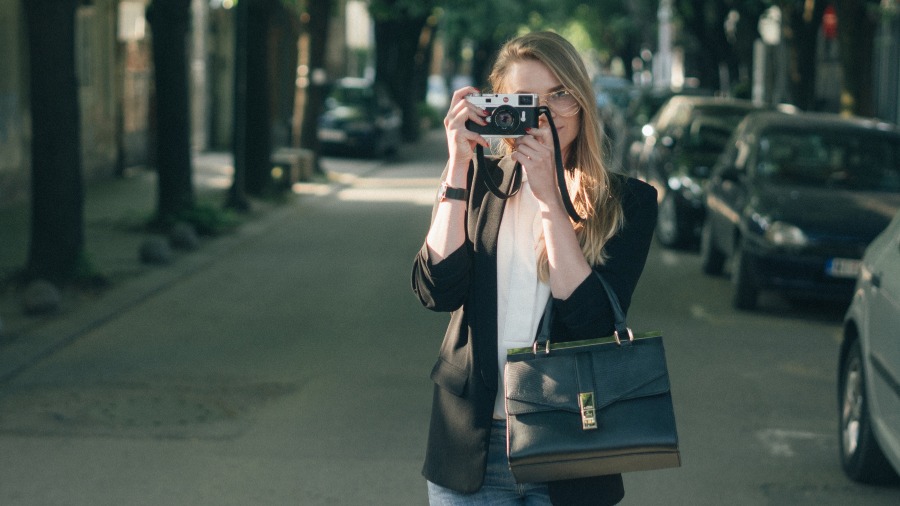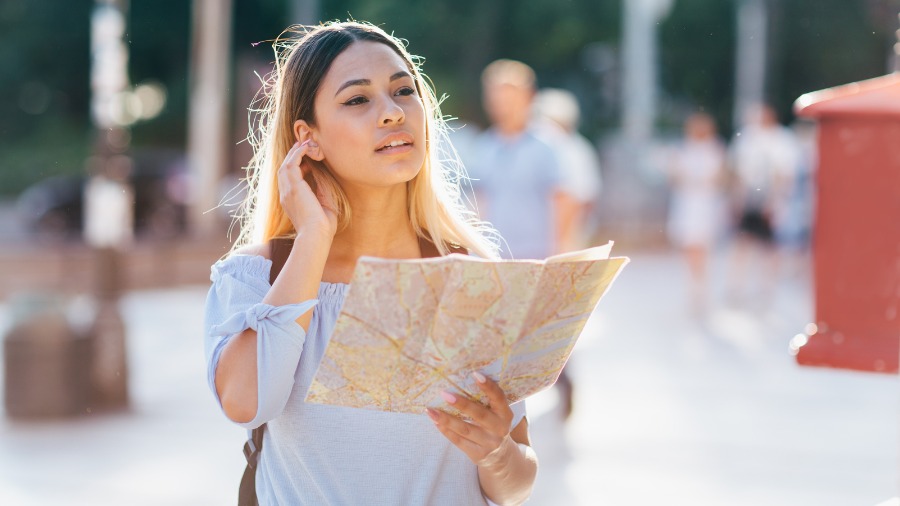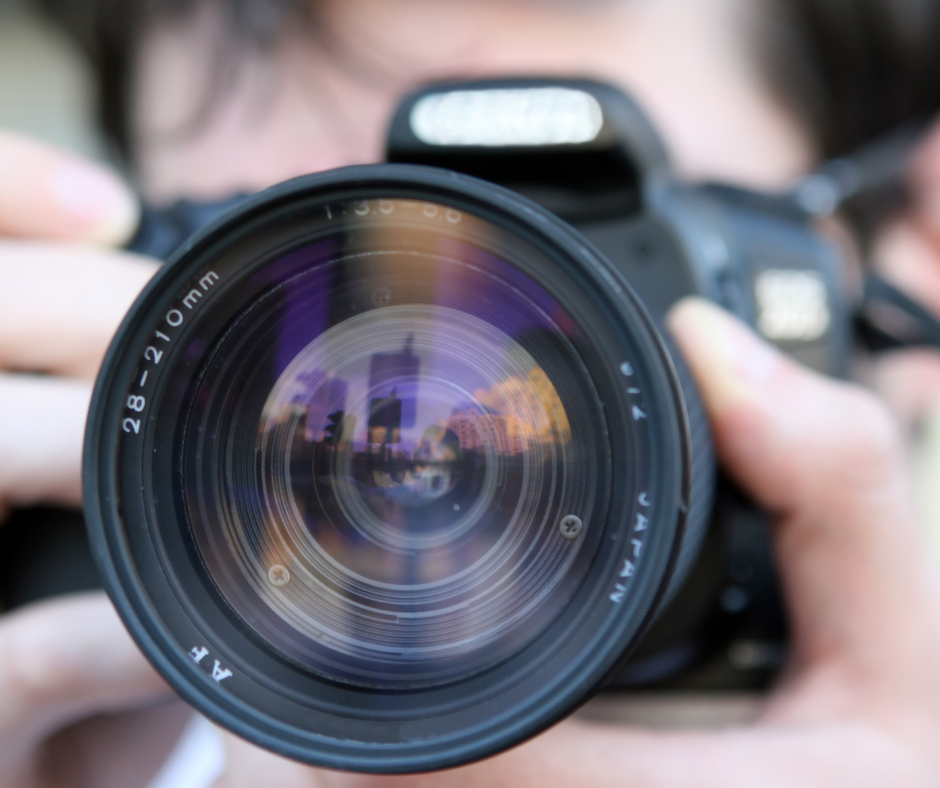Are you ready to elevate your travel photography and capture the essence of cultures through compelling portraits? Whether you’re a seasoned pro or an enthusiastic beginner, our comprehensive guide will equip you with the skills to create stunning travel portraits that tell powerful stories. Let’s dive into 16 expert tips that will transform your approach to travel portrait photography.
- Always Be Camera-Ready: Capturing Fleeting Moments
In the world of travel portraiture, opportunity knocks unexpectedly. Train yourself to be in a constant state of readiness:
- Keep your camera accessible and powered on
- Pre-adjust settings for quick shots
- Scan your environment continuously for potential subjects
Remember: The most captivating portraits often emerge from spontaneous, unrepeatable moments.

- Embrace Proximity: The Power of Getting Close
Want to instantly improve your travel portraits? Move closer to your subject. Here’s why:
- Increased detail and sharpness in facial features
- Greater control over composition and background elements
- Enhanced emotional connection between viewer and subject
Pro Tip: Start with a comfortable distance and gradually move closer as you build rapport with your subject.

- Master the Art of Approach: Overcoming Photographer’s Shyness
Approaching strangers for portraits can be intimidating, but it’s a crucial skill. Here’s how to build your confidence:
- Develop a friendly, concise script for introducing yourself and your intentions
- Practice your approach in front of a mirror
- Remember: A genuine smile is your most powerful tool
- Bridge Language Barriers: Essential Phrases for Global Connections
Learn these key phrases in the local language to instantly break the ice:
- “Hello, how are you?”
- “My name is…”
- “I’m from…”
- “What’s your name?”
- “Thank you!”
- “Beautiful!”
Bonus Tip: Use translation apps for more complex conversations, but rely on body language and genuine interest to establish a connection.

- The Universal Language: Smile Your Way to Great Portraits
Never underestimate the power of a warm, authentic smile. It’s your secret weapon for:
- Putting subjects at ease
- Communicating across language barriers
- Creating a positive, collaborative atmosphere
Challenge: Make it your goal to end each photo walk with sore cheek muscles from smiling!
- Patience Pays Off: The Art of Unhurried Portraiture
Once you’ve made a connection, resist the urge to rush. Here’s why taking your time matters:
- Allows subjects to relax and become comfortable with the camera
- Gives you space to consider composition, lighting, and storytelling elements
- Often results in more natural, expressive portraits
Remember: The best portraits are born from genuine moments of connection, not hasty snapshots.

- Embrace the Candid: Capturing Authentic Moments
While posed portraits have their place, don’t overlook the power of candid shots:
- Look for subjects engrossed in daily activities
- Be respectful and transparent about your presence
- Capture the essence of a place through its people in action
Ethical Reminder: Always be mindful of cultural sensitivities and personal boundaries.
- Composition Matters: Framing Your Story
Elevate your portraits with these compositional techniques:
- Experiment with the rule of thirds for balanced, dynamic shots
- Try centering one of your subject’s eyes for a subconscious appeal
- Don’t be afraid to break rules – sometimes a centered subject creates powerful symmetry
Pro Tip: Vary your compositions to build a diverse, engaging travel portfolio.

- Get on Their Level: The Psychology of Perspective
For more engaging portraits:
- Physically lower yourself to your subject’s eye level when they’re seated
- Create a sense of equality and intimacy in your images
- Be prepared to sit, kneel, or even lie down for the perfect shot
Remember: Changing your physical perspective often changes the emotional tone of your portrait.
- Master the Light: Making the Most of Available Illumination
Lighting can make or break a travel portrait. Here’s how to work with what you have:
- Assess the quality and direction of available light
- Use reflectors or flash to fill in harsh shadows
- Consider returning at a different time of day for optimal lighting
Advanced Tip: Learn to balance ambient light with flash for professional-looking results in challenging conditions.

- Move Your Feet: The Importance of Photographer Mobility
Don’t rely solely on your zoom lens. Instead:
- Physically reposition yourself to find the best angle
- Eliminate distracting background elements through careful framing
- Experiment with different perspectives to tell a more complete story
Challenge: For your next portrait session, limit yourself to a prime lens to force creative movement.
- The Nifty Fifty: Why a 50mm Lens is Your Best Travel Companion
Invest in a 50mm prime lens for these benefits:
- Natural perspective that closely mimics human vision
- Versatility for both close-up portraits and environmental shots
- Encourages thoughtful composition by eliminating zoom reliance
- Lightweight and portable for all-day shooting comfort

13.Optimal Settings for Travel Portraits
Dial in these settings for consistently great results:
- Aperture: f/2.8 – f/4 for pleasing background blur
- Focus: Use spot focus on the eyes for tack-sharp results
- Shutter Speed: At least 1/focal length to avoid camera shake (e.g., 1/50th sec for a 50mm lens)
Pro Tip: Experiment with back-button focus for more control over your focal point.
- Start Easy: Photographing Kids and People in Action
Build your confidence with these approachable subjects:
- Children: Often naturals in front of the camera (always ask parents for permission)
- People engaged in activities: Less likely to be self-conscious about being photographed
Ethical Note: Be respectful of cultural norms regarding photographing children in different parts of the world.

- Develop a Series: Telling a Deeper Story
When you find a willing subject:
- Spend time capturing multiple shots and poses
- Document different aspects of their life or work
- Create a mini photo essay that tells a more complete story
Remember: Building rapport often leads to more authentic, revealing portraits.
- Venture Beyond the Tourist Trail: Finding Authentic Moments
For truly unique travel portraits:
- Explore areas away from major tourist attractions
- Seek out local markets, workshops, and everyday scenes
- Be open to unexpected encounters and photo opportunities
Safety First: Always research and respect local customs when venturing off the beaten path.
Conclusion: Your Journey to Exceptional Travel Portraits Begins Now
Armed with these 16 expert tips, you’re ready to embark on a transformative journey in travel portrait photography. Remember, the most compelling images arise from genuine connections and a willingness to step outside your comfort zone. So pack your gear, open your heart to new experiences, and prepare to capture the vibrant tapestry of humanity through your lens.
Your Assignment: On your next trip, challenge yourself to apply at least three new techniques from this guide. Share your results and experiences in the comments below – let’s inspire and learn from each other’s photographic journeys!
